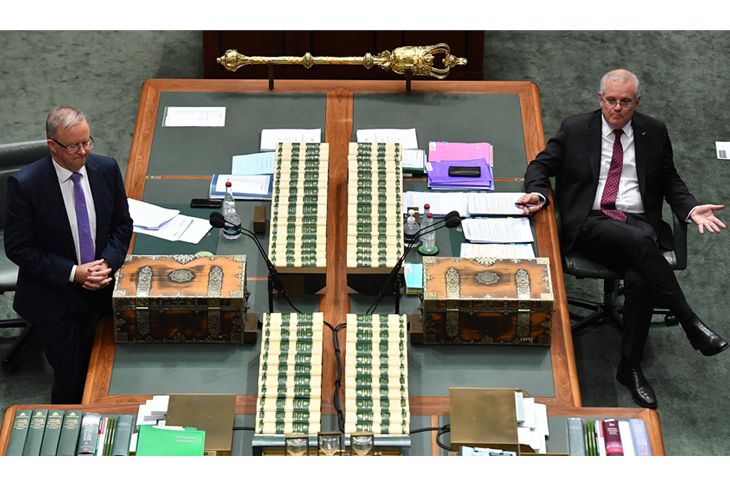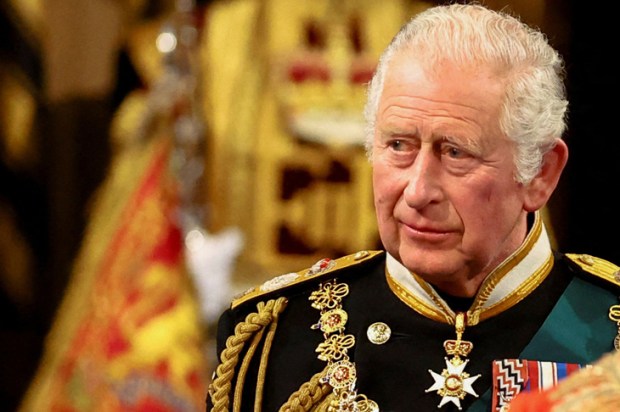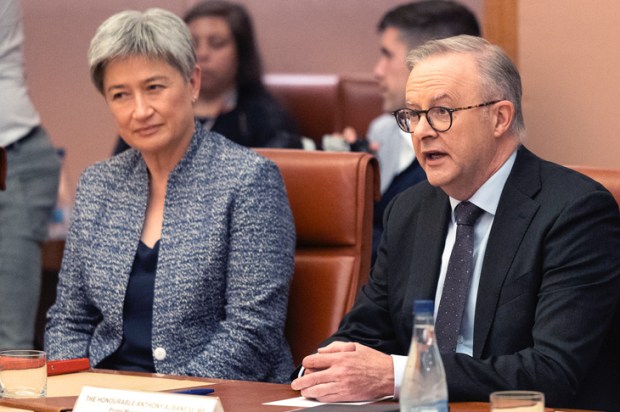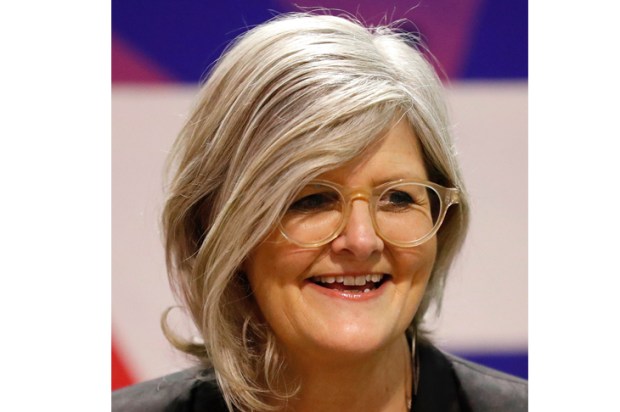Having the honour of addressing a citizenship ceremony a few years ago, I told the new citizens that the country whose citizenship they had just received was one of the world’s oldest continuing democracies.
Given that we have recently gained an international reputation for serious authoritarianism, it would be difficult to repeat that claim.
Worse, the Victorian Parliament may soon pass legislation to invest the Premier with emergency powers no head of any Westminster-style government has enjoyed, powers which even Winston Churchill did not have when the country was threatened with imminent invasion.
All this is claimed to be justified by the pandemic. Yet Australia has known greater emergencies without abandoning her fundamental freedoms. Incidentally, the fact that we escaped the worst has hardly anything to do with our political leaders and everything to do with the fact that we are a remote island nation.
Nor can the dictatorial excesses be explained because we are a federation. The fact is that the excesses of our premiers were underwritten both financially and legally by an equally authoritarian federal government. In the meantime, our political class has cravenly endorsed net zero emissions, knowing this cannot have any effect on the temperature. The reason is that the theory is wrong, or significant emitters will ignore the Paris diktat, or, most likely, both. The political class are also well aware that net zero will do serious damage to Australia with only Beijing’s genocidal billionaires, as well as a band of international shysters and carpetbaggers, gaining.
How did we come to this?
Even before federation, the Australian colonies were among the world’s most advanced democracies. Women could vote in two and Aborigines in four – and all enjoyed significant checks and balances which could block the authoritarianism we have seen emerge recently. Under the Corowa Plan, the colonists even introduced Swiss-style direct democracy with referendums entrenched both to approve the federal constitution and to amend it. South Australian premier Charles Kingston wanted to go even further and enable the people to veto legislation.
With the principal parties today as indistinguishable as Tweedledum and Tweedledee, and the system rigged in their favour, all the people have are the minor parties and the constitutional referendum, the place of which has been significantly reduced by activist judges. This must still be defended as the precious institution it is, as must the Corowa Plan which allowed the people to do only what they could do, create an Australian nation.
A sinister little-noticed move is that since the loss of the 1999 republican referendum, the Turnbull-Keating republicans have been plotting to weaken the referendum machinery. Australians for Constitutional Monarchy (ACM), the organisation which conducted the 1999 No case, has been defending the integrity of the referendum both before a current parliamentary inquiry and one in 2009.
The Turnbull-Keating attack has been directed above all against the crucial Yes/No booklet, introduced soon after Federation.
This booklet contains the two thousand-word cases for and against, long sent to every voter in the land. This is a very important document, one about a proposed change to our fundamental law. Clearly, every voter is entitled to a personal copy.
But the Turnbull-Keating republicans apparently think that 1999 No case (the first draft of which I was invited to write), was far too effective. Their attack came to a head at the time of the 2013 planned referendum to ‘recognise’ local government. (The real purpose was for Canberra to take over local government, just as they have the universities.)
In any event, under republican influence, Parliament passed what ACM called the’garbage tin’ amendment to send the Yes-No booklet not to each elector, but to each address on the roll. But when a document comes into a letterbox addressed to ‘The Householder’, especially a shared house, what are the chances of it ending up in the garbage bin? Was that intended?
Then for the subsequently abandoned local government referendum, the government blatantly announced ten million dollars for the already well-funded Yes Case and $500,000 for the No Case. Surely, if there is to be funding, it should be equal. ACM proposed the amount be one third of the funding in the previous election. This would have produced approximately the equivalent of the funding the Howard government awarded in the republic referendum.
The Turnbull-Keating republicans have also pushed for a reduction in the number of words allowed. They used only half their quota in 1999. Since the cases are published on each side of the booklet, about half the Yes pages were blank. That apparently didn’t look good to voters. Perhaps the most sinister proposal for change is to argue that instead of the Yes and No MPs deciding who should write their case, this should be done by an ‘independent’ commission. Who would be appointed to that?
ACM also argued that leaving the initiative to propose referendums should not be restricted to Canberra who always want more power. ACM proposed that a referendum could be initiated by a petition approved by ten per cent of electors nationally and five per cent in a majority of states. Alternatively, a resolution by any four houses of any state parliaments could initiate a petition.
They also proposed that plebiscites not be allowed where the question could be determined by a constitutional referendum.
Bearing in mind that Australia only federated as a result of a convention under the Corowa Plan and that the Constitution has never once been reviewed by such a convention since, ACM proposes the early election of a convention of unpaid non-party delegates operating under a new Corowa Plan, both to restore constitutional governance and to make the politicians truly accountable.
This will be resisted and ignored, but is there any other solution?
Got something to add? Join the discussion and comment below.
Get 10 issues for just $10
Subscribe to The Spectator Australia today for the next 10 magazine issues, plus full online access, for just $10.
The principal theme of ACM’s 22nd National Conference on 6 December, with Tony Abbott and Alan Jones, is the restoration of constitutional governance in emergencies.
For tickets go to: www.norepublic.com.au
You might disagree with half of it, but you’ll enjoy reading all of it. Try your first month for free, then just $2 a week for the remainder of your first year.














Comments
Don't miss out
Join the conversation with other Spectator Australia readers. Subscribe to leave a comment.
SUBSCRIBEAlready a subscriber? Log in